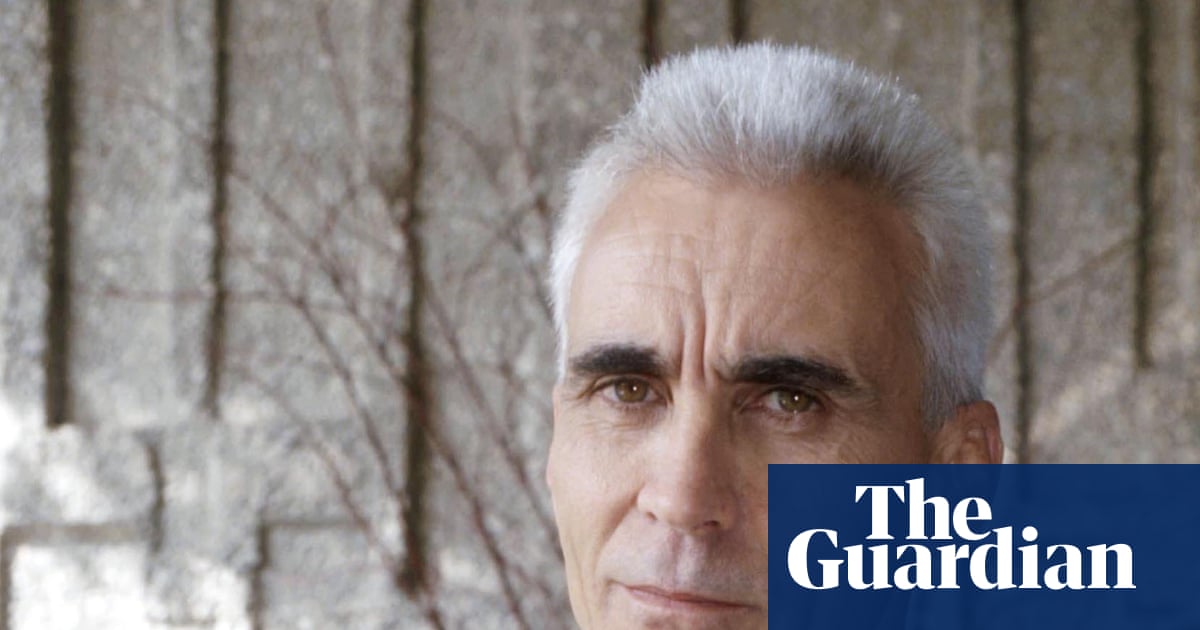Will the war in Gaza last for ever? It’s not a wholly rhetorical question. There are days when I fear that the death and devastation that has gone on for 650 days will never stop, that it will eventually settle into a constant, low-level attritional war inside the wider Israeli-Palestinian conflict – a war within a war – that becomes a background hum to world affairs, the way the Troubles in Northern Ireland endured for 30 years. In this same nightmare, incidentally, I see Benjamin Netanyahu, who has already sat in Israel’s prime ministerial chair for nearly 18 years, on and off, staying put for another 18 years or more, ruling the country until he is 100.
Israelis don’t want either of those things to happen. Polls show that only a minority trust Netanyahu, while an overwhelming majority – about 74% – want this terrible war to end. As the leader of one of the ultra-orthodox, or Haredi, parties that this week quit Netanyahu’s ruling coalition – over the government’s failure to pass a bill permanently exempting Haredi youth from military service – recently put it: “I don’t understand what we are fighting for there … I don’t understand what the need is.”
If the supposed benefit of the war eludes even Netanyahu’s erstwhile partners in government, its cost is apparent to the entire watching world. Every day brings news of another 10 or 20 or 30 Palestinians killed in Gaza, often while queueing up for urgently needed food or water. The UN estimates that over six short weeks about 800 people have been killed in or around food distribution points, most of those deaths in the vicinity of the Gaza Humanitarian Foundation (GHF), the US-Israeli joint venture established after Israel decided that the UN could not be trusted to keep aid out of the hands of Hamas and whose brief record has been one of chaos and bloodshed. Even the most unwavering of Israel’s defenders do not pretend that those killed in these incidents were Hamas fighters or posed any kind of military threat. It’s just the utterly needless death of blameless civilians, day after day after day.
Inside Israel, a war without end means the deaths of Israeli soldiers – and, recall, almost every (non-Haredi) Jewish, Druze and Circassian 18-year-old is a conscript – and another day chained in darkness for the 20 living Israelis still believed to be held hostage by Hamas and its allies in Gaza. Which is why three in four Israelis want this war over, immediately.
So why doesn’t it end? Some believe there may be movement towards a ceasefire and hostage-release deal in the coming days, with one US official saying it’s “closer than it’s ever been”. If that’s true, one contributory factor is worth explaining – because it is damning.
Next week will see the end of the current session of the Israeli parliament, with the Knesset then in recess until October. During those three months, it is procedurally harder to bring down an Israeli government. So Netanyahu will soon be less vulnerable to the ultranationalists Itamar Ben-Gvir and Bezalel Smotrich, who have long threatened to leave his coalition should he do a deal that ends the war. Hence the speculation of an imminent move.
Underpinning it is the assumption that until now Netanyahu has preferred the hostages to remain in their dungeons, and Palestinian civilians to keep dying, than to risk his hold on power. In other words, if a deal is done soon, it will be a deal that could have been done sooner – but which was delayed to keep Netanyahu in the prime minister’s seat.
Confidence in ascribing such self-serving and amoral motives to Netanyahu is boosted by a comprehensive New York Times investigation into the past 21 months, which methodically confirms with hard evidence what has long been assumed by most analysts: that “Netanyahu prolonged the war in Gaza to stay in power”.
The paper focuses on several key moments when a ceasefire was within reach, when Israel’s own military commanders were urging it, but when Netanyahu chose to walk away, fearing that if he did not, Ben-Gvir and Smotrich would pull the plug on his government. Stripped of power, Netanyahu would lose much of the armour that protects him as he stands trial on corruption charges. Like his fellow nationalist would-be autocrat, Donald Trump, Netanyahu has a mortal fear of going to jail.
So in April 2024, Netanyahu was poised to present a proposal for a six-week pause in the war to his cabinet. It would have brought the release of more than 30 hostages and negotiations for a permanent truce. The plan was written and ready to go. But cabinet minutes obtained by the paper show that, at the last minute, Smotrich, who, like Ben-Gvir, wants Israel to occupy Gaza and to rebuild Jewish settlements there, warned that if Netanyahu were to sign the rumoured “surrender”, his government would be finished. The proposal was quietly shelved and the war went on.
At that point, the death toll in Gaza stood at 35,000. Today it is estimated at 58,000. Of course, it’s possible a deal would have fallen away in April 2024, that Hamas would have said no, or that it would not have lasted. But there was a chance – and it is at least possible that 23,000 lives might have been saved.
That was not the last such opportunity. In July last year, international mediators gathered in Rome believing the stars were at last aligned for a ceasefire. But, according to the New York Times, Netanyahu suddenly introduced six new demands that scuppered any prospect of an agreement. Earlier, Ben-Gvir had barged into the PM’s office, warning him not to make “a reckless deal”. Once again, Netanyahu put his own political survival ahead of the lives of Israeli hostages and Palestinian civilians.
You would think that record would be enough to see Netanyahu repudiated by the Israeli electorate: the evidence against him is so devastating. But he will present himself at the next election, which could be just six months away, as the man who vanquished Israel’s mightiest enemies. Hezbollah no longer threatens Israel from the north; Bashar al-Assad is gone; and Iran has been humiliated, its air defences gutted, its nuclear ambitions dented. Hamas still exists, but Israel is no longer encircled by a “ring of fire” shaped by Tehran. Netanyahu says that success is all down to him, while the failures that led to the Hamas massacres of 7 October 2023 are the fault of everyone else. As an electoral pitch, it may even work.
This week I spoke to the revered Israel journalist Ilana Dayan for the Unholy podcast. She described how Israelis were stuck for so long in 7 October, but now “October 8th at least has dawned on us. We finally can ask, and have to ask, the tough questions with regard to our leadership, with regard to the tragedy in Gaza, with regard to this endless war. History will judge the leadership, but it will judge us too.”
Israelis will indeed have to face a great reckoning for the destruction they have wreaked in Gaza. But the first to be judged should be Benjamin Netanyahu, who had the power of life and death in his hands and chose the death of others, so that his political career might live. He should bear the shame of it until his final breath.
-
Jonathan Freedland is a Guardian columnist
-
Do you have an opinion on the issues raised in this article? If you would like to submit a response of up to 300 words by email to be considered for publication in our letters section, please click here.

 3 months ago
133
3 months ago
133

















































